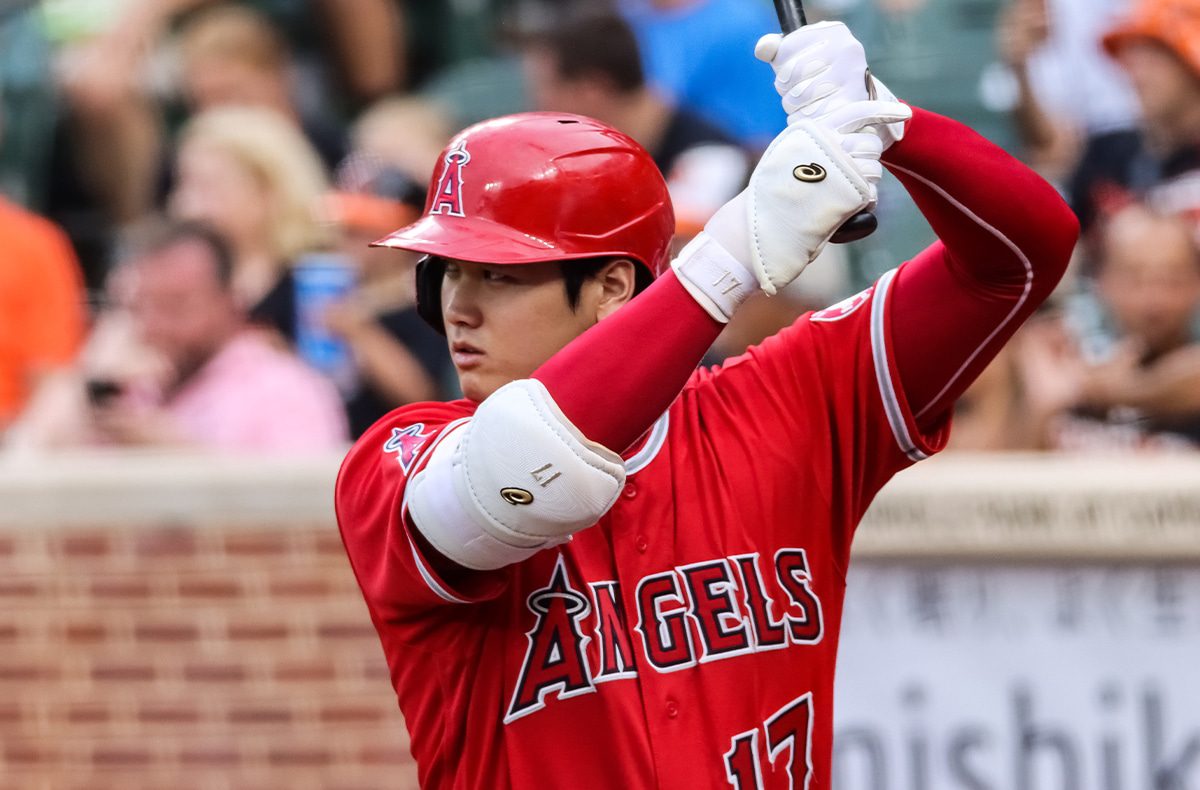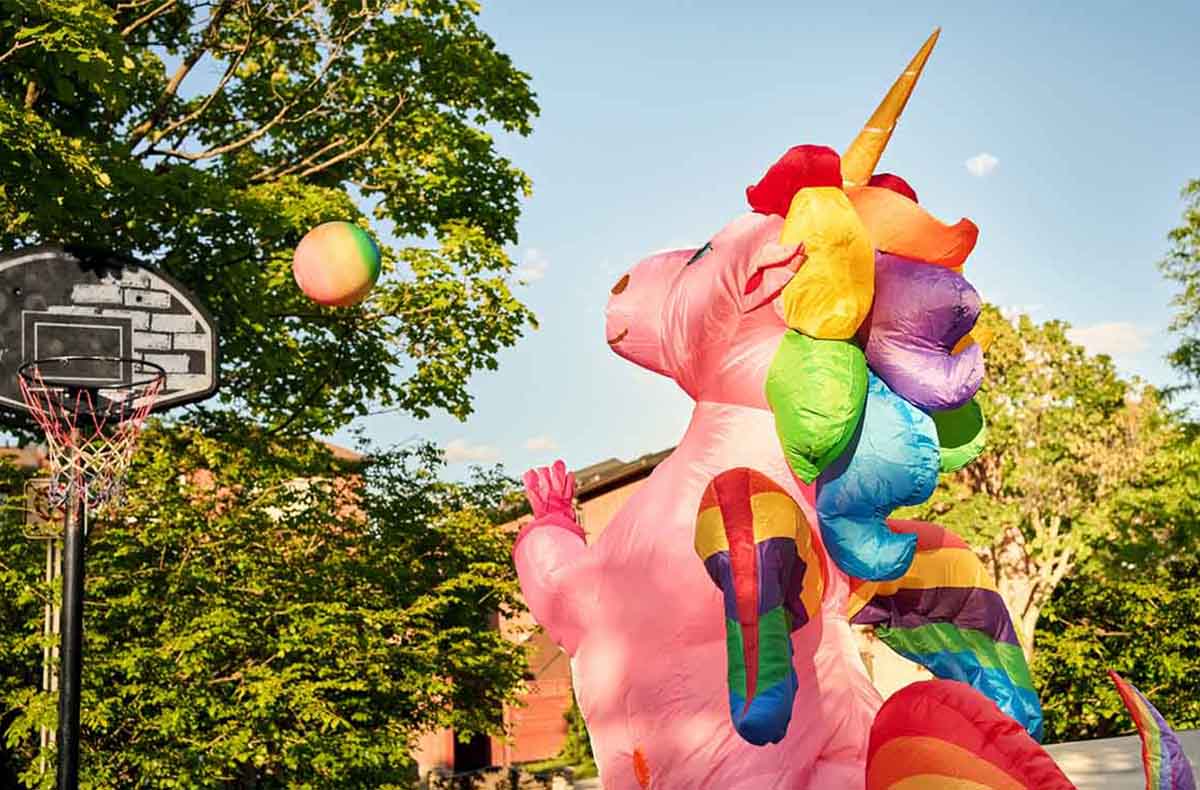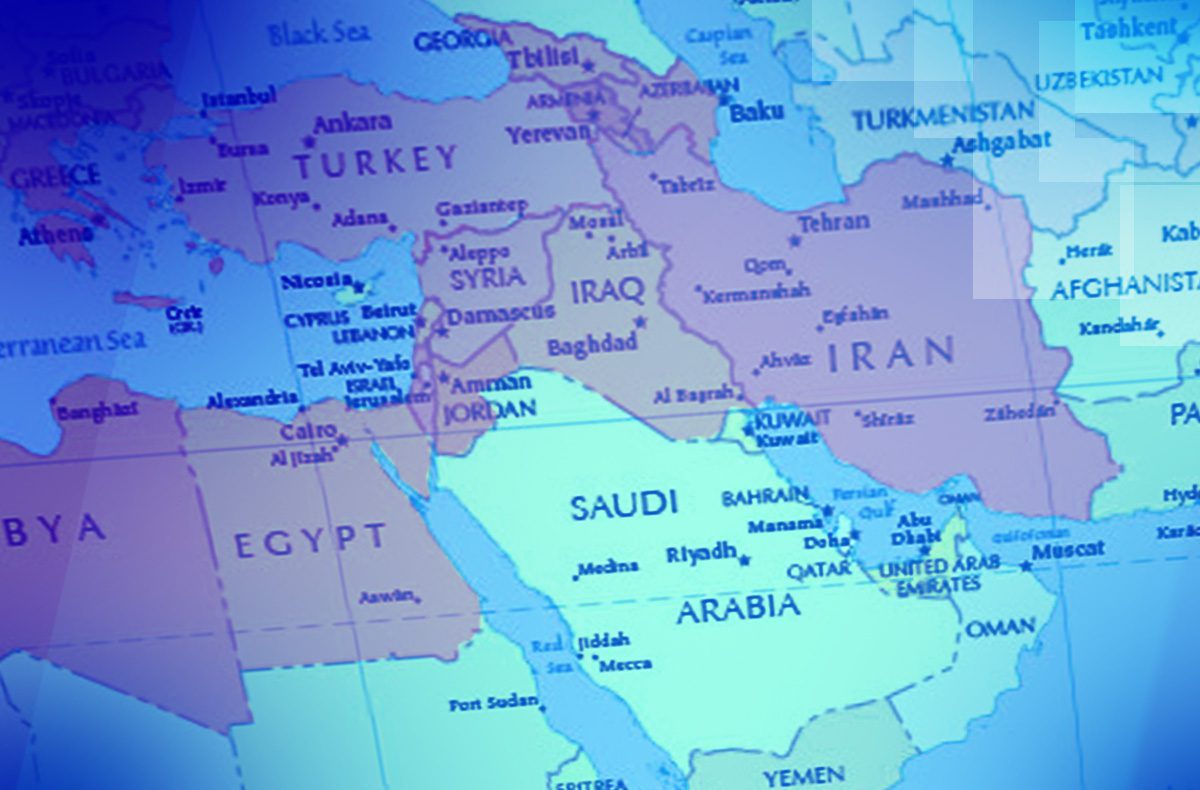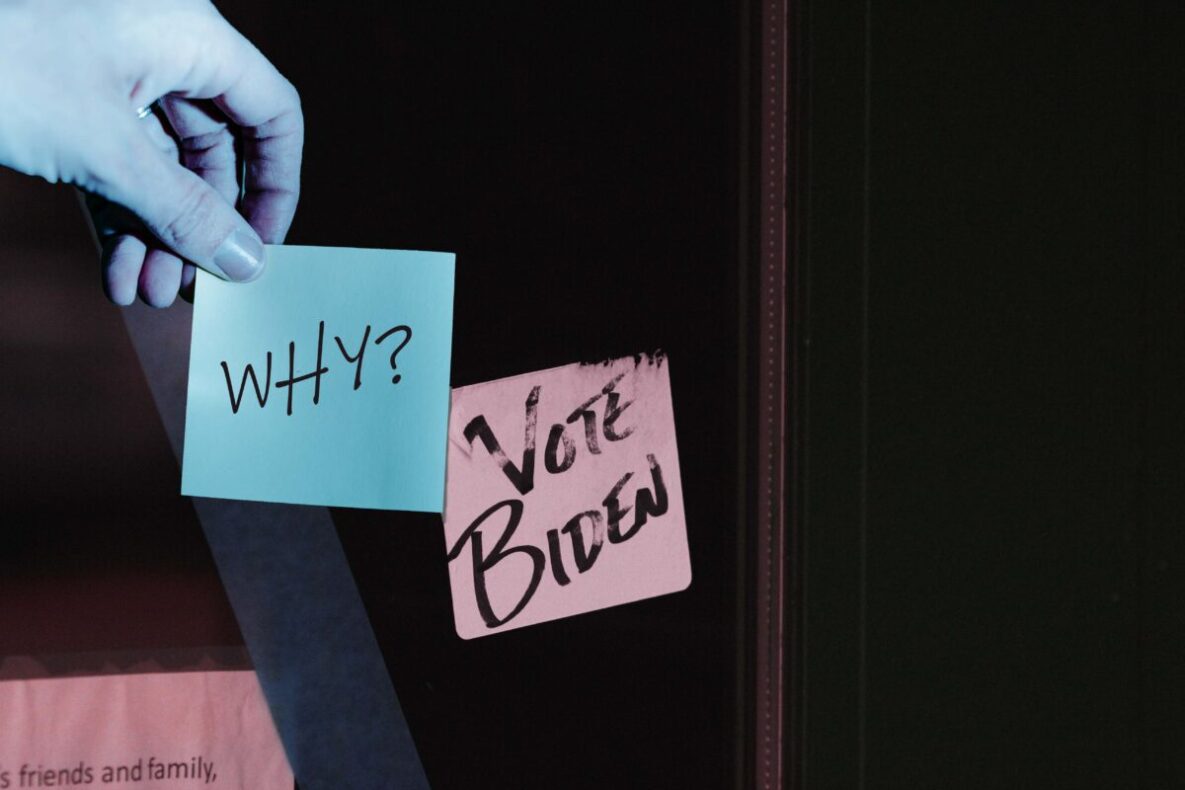
Japanese sensation Shohei Ohtani is considered to be one of the best baseball players of his generation. At 28 years old—and after only five seasons of Major League Baseball (MLB)—the first two-way star in baseball (pitcher and batter) is on the verge of transcending the sport as a global phenomenon in commercial endorsements and civic pride.
According to former Cy Young Award Winner and current ESPN Baseball Analyst, CC Sabathia, Ohtani is “the best baseball player ever when healthy” and should be in the MLB Most Valuable Player conversation every year. While this is hefty praise for a player who has never won the Cy Young award (which is given to the top pitcher in the American League and National League respectively,) the overall sentiment is that Ohtani is a major pitching talent who also plays every single day as a batter for the Los Angeles Angels of Anaheim. Despite New York Yankees’ first baseman Aaron Judge’s potential 2022 triple crown season (leading the American League in HRs, RBIs, and in contention for the batting title crown), the overall sentiment is that Ohtani has the higher star power even though he doesn’t play for one of the historically iconic baseball franchises.
Currently, Ohtani is the leading top earner in MLB endorsement deals ($6 million/year), followed by Philadelphia Phillies star, Bryce Harper ($5 million/year), Chicago Cubs’ Kris Bryant ($3.5 million), Los Angeles Angels Mike Trout ($3 million/year), and Los Angeles Dodgers Cody Bellinger ($2.5 million). With access to fans in two major baseball countries—the United States and Japan—Ohtani is sponsored by a carefully-selected list of high-end brands, including Japan Airlines (JAL), Oakley, Fanatics, Seiko Watch, Topps, and Asics. Known for turning down lucrative sponsorship deals for more meaningful affiliations, Ohtani evokes a keen sense of authenticity through his choices.
Nicknamed “Sho-time” from his earlier playing days in Japan, Ohtani has maintained a strong connection to his native roots. Born in Oshu, Japan, he played the initial five seasons of professional baseball for the Hokkaido Nippon-Ham Fighters of the Nippon Professional Baseball’s Pacific League. His career has always centered on competing against the best players rather than chasing the commercial financial windfall. Ohtani entered the MLB at age 23—if he had waited to age 25 his free-agent deal would have been far more lucrative—with a modest rookie contract of the league minimum $545,000 (with a $2.3 million signing bonus).
Ohtani’s prioritization of his performance over potential earnings has paid off—and he stands to be richly rewarded as a result. After only five seasons in the MLB, Ohtani is already a two-time All-star, 2021 American League (AL) MVP, 2021 Silver Slugger award winner, and 2018 AL Rookie of the Year. In addition to these phenomenal accolades, Ohtani was also the 2021 Associated Press “Athlete of the Year”. Past winners of this award have included Tiger Woods (Golf), LeBron James (NBA), Stephen Curry (NBA), Michael Phelps (Swimming), Serena Williams (Tennis), Candace Parker (WNBA), Simone Biles (Gymnastics), and Naomi Osaka (Tennis). As part of this phenomenal list of global megastars, Ohtani possesses an incredible amount of leverage, which he could easily use to seek additional commercial endorsement deals.
Those who have won Athlete of the Year are also among the most highly endorsed athletes in the world. Tennis phenom Naomi Osaka earned $34 million in endorsement deals in 2020 with sponsorship deals including Louis Vuitton, Tag Heuer, Mastercard, Hyperice, Nike, BodyArmor, Nissan, Sweetgreen, Workday, Beats by Dr. Dre, Levi’s, Airbnb, and Fanatics to name a few. Osaka’s endorsement haul falls in line with Stephen Curry, who made $43 million in endorsements in 2021 from clients such as Callaway Golf, Chase, Rakuten, FTX, Fanatics, and Under Armor. From my perspective, Ohtani has the opportunity to reach these same levels, especially considering his global reach in both Asia (Japan) and the US (Los Angeles).
I believe if Shohei Ohtani can remain healthy and productive in his major league career, the sky’s the limit for his future endorsement deals. Ohtani is trending in a direction similar to the early careers of popular star athletes from the NBA and NFL. I believe his purposeful approach to limiting his endorsement opportunities will prove fruitful if he can lead the Los Angeles Angels to the MLB World Series soon. The impact of a World Series win in combination with his international support would position him for a windfall in future endorsement deals at the highest level.
Generally speaking, MLB players are far less likely than star athletes from other sports to land as many international endorsement deals because of the nature of the game. In comparison to leagues like the NBA and NFL, the MLB’s grueling 162-game regular season schedule—which can extend over seven months plus Spring training and the playoffs—limits the off-season where baseball players could invest in building international endorsement portfolios. This also keeps them fairly anchored to their American fanbase. However, Ohtani could set a foundational precedent for how MLB stars could maximize exposure for commercial endorsements, because his rise in stardom coincides with the MLB’s recent investment in “mini-series” in London in 2023, 2024, and 2026. This investment in international expansion by the MLB could serve as a platform for MLB players to expand their reach to global audiences. Additionally, megastars in basketball (LeBron James’s yearly tour through Asia) and football (Tom Brady in Germany) have shown the way for global endorsement deal brand building by committing to partnering with international brands and investing in in-person events in global markets.
Whether Ohtani wants to or not, his talent and business savvy will open doors for MLB players in the global endorsement market. The key is staying in top physical form and focused on competing as one of the world’s best baseball players. If the past is indicative of the future, at the age of 28 and 10 years into his career, Ohtani could play another ten years as a generational talent who will have changed the endorsement deal landscape for baseball players the world over, providing a blueprint for future athletes to monetize their brands.






